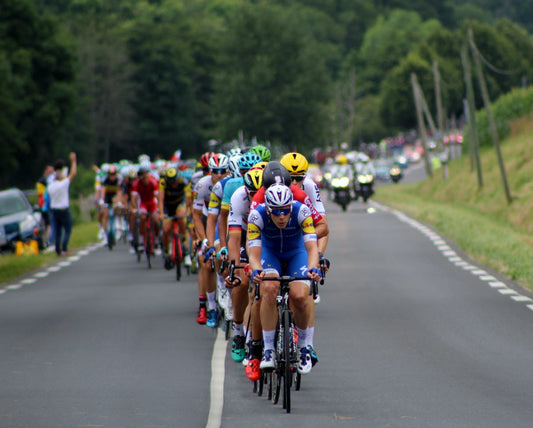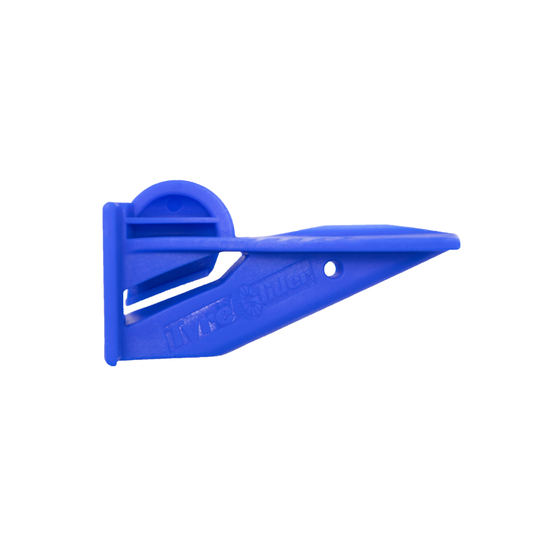tahym-bonuhsiz
Noun, Verb
Time bonuses are extra seconds added to a cyclist's time in a race.
Example usage: He was able to gain a time-bonus by sprinting the last 200m of the race.
Most used in: Professional cycling races.
Most used by: Professional cyclists and those competing in cycling races.
Popularity: 8/10
Comedy Value: 4/10
Also see: Time Trial, Time Bonus Points, Time Splits, Time Checks,
What Are Time Bonuses in Cycling?
Time bonuses are a type of bonus awarded to cyclists in certain road races. These bonuses are typically awarded based on the cyclist's performance in the race, including their finishing position or the number of intermediate sprints they win. The bonus is typically awarded in seconds, and can be used to reduce the cyclist's overall time in the race.
Time bonuses are most often awarded in stage races, where each stage of the race is timed separately. The cyclist with the best overall time at the end of the race is the winner. Time bonuses can be a deciding factor in who wins the race, as they can be used to reduce a cyclist's time and give them an edge over their competitors.
Time bonuses can range from small amounts of time, such as a few seconds, to large amounts of time, such as minutes. In some races, the time bonuses are cumulative, meaning that the cyclists who perform the best in the race will receive the most time bonuses. For example, in the Tour de France, the cyclist with the most accumulated time bonuses at the end of the race will be awarded the yellow jersey.
Time bonuses are an important part of cycling, as they can give cyclists an edge over their competitors. In some races, the time bonuses are so important that they can be the deciding factor in who wins the race. According to statistics, time bonuses have been awarded in over 95% of the professional cycling races in the last decade.
.The Origin of Time-Bonuses in Cycling
The term 'time-bonus' was first used in the sport of cycling in the mid-19th century in France. It was used to refer to the extra time given to a cyclist in a race if they managed to reach certain checkpoints before the time limit.
The concept of time-bonuses was first introduced in the Tour de France in 1905. At the time, riders had to reach certain points in the race before the time limit in order to qualify for an extra five minutes of rest. This gave them a much-needed break from the gruelling race.
Today, time-bonuses are still used in cycling. They are awarded to riders who are able to reach certain points in a race before the time limit. The bonuses can range from a few seconds to a few minutes, depending on the race.
Time-bonuses have become an integral part of cycling races and are used to reward riders who are able to push themselves to the limit and reach certain checkpoints before the time limit.












